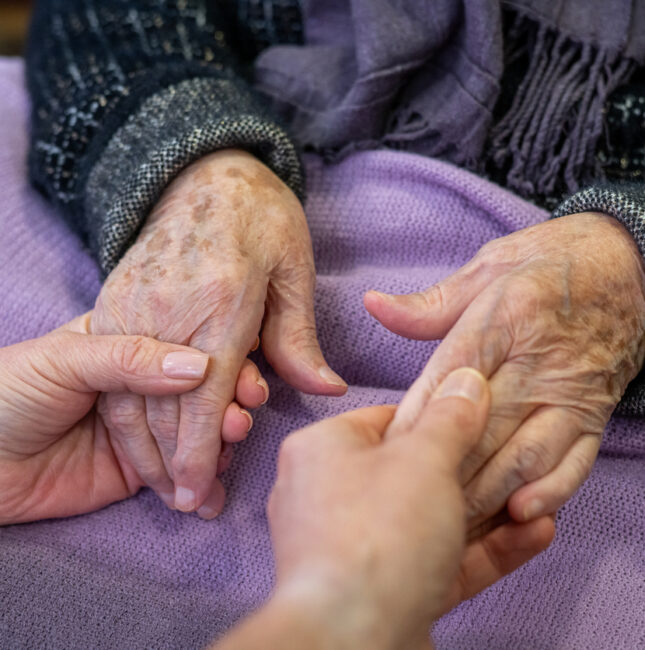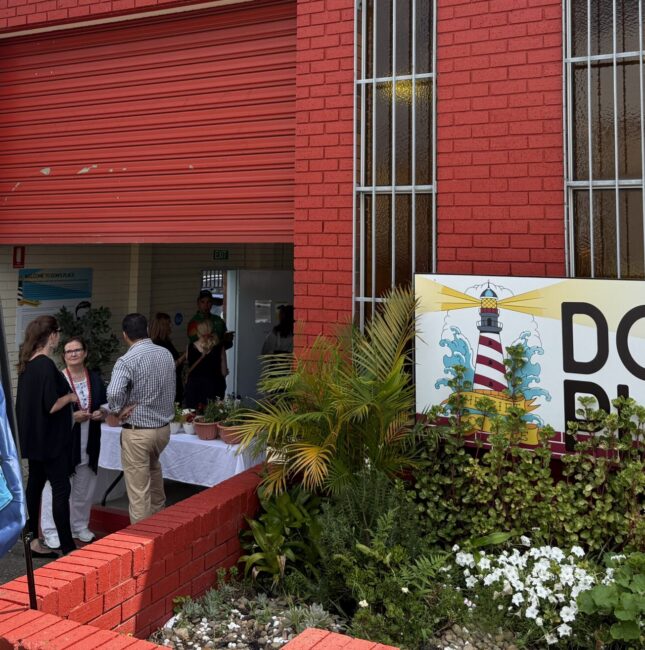Why volunteering is important for you and the community
May 18, 2020
The 2012 State of Volunteering Report in Australia report revealed that over the last ten years, Australia has experienced a significant growth in the number and rate of people who volunteer. In fact, according to the University of Sydney, Australians now spend no fewer than 700 million hours volunteering each year. To celebrate National Volunteers Week (18 – 24 May), we take a look at the importance of giving your time and skills to others, both at a social and an individual level. So if you haven’t thought about volunteering yet, here are five reasons to start.
1. Volunteering encourages active community engagement
In the Australian Bureau of Statistics (ABS) Voluntary Work 2006 report, more than half of the volunteers gave ‘helping others or helping the community’ as a reason for volunteering. Volunteering is an important form of civic participation that encourages community members from all backgrounds to form connections with one another. It helps build a sense of citizenship, strengthening communal bonds and improving community life.
Volunteering also helps to create civic-minded individuals who are more likely to take action to improve their communities. In research published by the Voluntary Work Australia in 2010, volunteers (82 per cent) were more likely than non-volunteers (55 per cent) to have recently attended a community event. They were also much more likely than non-volunteers to have provided a service or activity in their local area.
2. It boosts the economy
The economic value of volunteering in Australia varies. The 2012 State of Volunteering Report in Australia revealed the voluntary work had contributed $14.6 billion of unpaid labour to the Australian economy in 2006-2007. Other research, however, has calculated the value to be $290 billion. Whatever the true figure, there’s no doubt that volunteering is very good for our economy indeed.
3. It helps to build relationships and combat loneliness
Looking to expand or diversify your social circle? Volunteering is a great way to grow your network and forge a strong sense of community and belonging with people from all walks of life. In doing so, it can help to ward off loneliness, strengthen social ties, and prevent isolation. In fact, 22 per cent of volunteers surveyed in the ABS Voluntary Work 2006 report said they volunteered because it provided greater opportunity for social contact.
4. Volunteers experience greater personal happiness and satisfaction
Ever heard of the ‘helper’s high’? Well, there’s plenty of statistics to back it up. Research has consistently shown that people who give up some of their time or skills to help others are generally happier. A 2012 study of 5,000 Americans found that volunteers were happier, healthier and slept better than those who didn’t volunteer. And in research published in The International Journal of Person Centered Medicine, sustained volunteering was associated with better mental health.
It’s no wonder, then, that 44 per cent of volunteers surveyed in 2006 gave personal satisfaction as a reason for volunteering, while 36 per cent said they simply wanted ‘to do something worthwhile.’ Why not give up volunteering a try and find out for yourself.
5. It’s a chance to upskill and gain experience
Learning new skills and gaining work experience motivated 11 per cent of volunteers, according to the ABS Voluntary Work 2006 report. Volunteering can bring people from diverse backgrounds together, connect them to new career paths, and give them the negotiation skills necessary to solve problems as a team. So if you’re currently unemployed or just starting out on the career ladder, volunteering can be a great way to upskill and work in a different industry.
Contact us on (02) 9481 2600 to find out more about rewarding volunteering opportunities within CatholicCare.
More news stories like this one
Introducing Crossroad Companions end of life service
When you receive a terminal diagnosis, life can suddenly feel uncertain and overwhelming. Questions arise, roles change, and you may find yourself moving from one medical team to the next. We're here to help.
Read MoreWorld Day of Social Justice – injustice isn’t accidental
World Day of Social Justice isn’t about slogans or good intentions. It’s about facing an uncomfortable truth - the systems we live within do not work equally for everyone, and pretending otherwise costs people their dignity, safety and hope.
Read More70 coffees for one great cause – Dom’s Place!
Eight Dom’s Place visitors recently completed barista training but the coffee cart isn’t just about serving coffee - it’s a practical way for them to develop pre-employment skills while contributing to the community.
Read More


